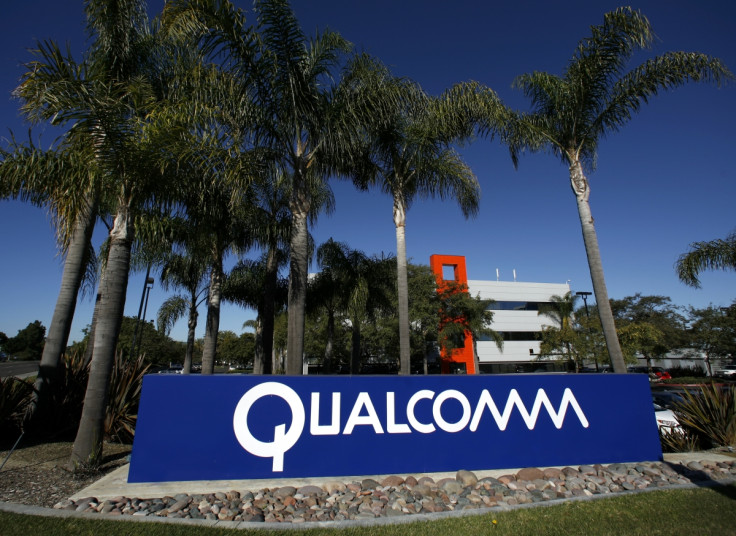China's Anti-Monopoly Unit Looks to Strengthen Medical Devices and Semi-Conductor Sectors Against Foreign Competition

An anti-monopoly team from China's Ministry of Commerce visited medical devices and semi-conductor companies in Shanghai at the start of September.
"Through on-site visits to firms and by holding forums, we deepened our understanding of the competitive environment in industries such as semi-conductors and medical devices," Reuters quoted as saying a statement from the ministry.
The ministry focuses on anti-trust matters related to mergers and acquisitions, rather than outright violations of the country's anti-monopoly laws.
Zheng Wen, the deputy head of the Ministry of Commerce's anti-monopoly unit, led the visit.
China is planning to consolidate industries such as healthcare and semi-conductor, in order to make local firms better compete against their foreign rivals.
The ministry's three-day visit comes amid allegations that the government is targeting foreign companies with anti-trust probes.
A survey of 164 members by the American Chamber of Commerce in China showed that 49% of respondents felt they are specifically targeted in the recent antitrust probes, while 25% were uncertain about the situation and 26% said no.
The Chamber criticised China's "selective and subjective enforcement" of various rules in China, warning there is increasing risk that China "will permanently lose its lustre as a desirable investment destination".
In August, the European Union Chamber of Commerce in China expressed concern over China's "targeted" probe on foreign companies, claiming China is unfairly using its competition law.
However, China defended its probes into firms such as US chipmaker Qualcomm and technology giant Microsoft.
Xu Kunlin, director general of price supervision and the anti-monopoly bureau at the National Development Reform Commission (NDRC), said the agency is not partial and both domestic and foreign companies are treated equally.
"Some of the NDRC monopoly investigations involve overseas multinationals, but that does not mean that we are targeting them," Xu said in an interview with the official China Daily newspaper.
© Copyright IBTimes 2025. All rights reserved.






















